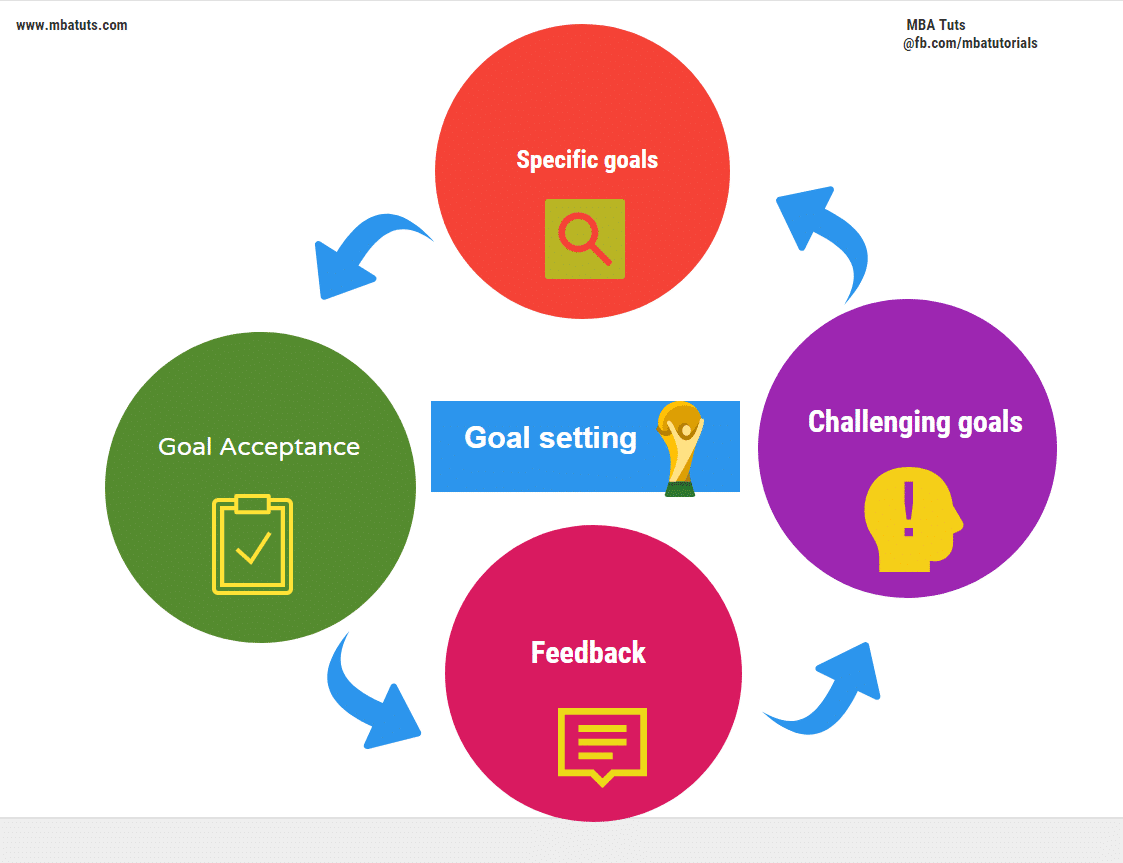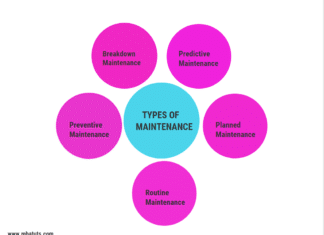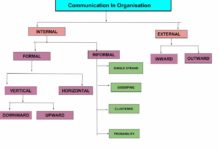Tips and Elements for Goal Setting
Goal Setting is a target & objective for future performance. It helps to focus the attention of employees in an organization. In the terms of greater importance & stimulate the employees towards goal attainment
Goal setting refers to the setting of attainable goals for an organization as well as for employees. The factors required for setting a goal is as follows
- A little determination
- More knowledge about one self-surrounding
- Courage for not to be afraid of failure
Elements Of Goal Setting
1) Goal Acceptance
Effective goals need not only to be understood but also accepted. Goals arrived through participation are seen to be preferable to attain goals
2) Specific goals
Goals need to be as specific clear & measurable as possible. Specific goals are always better than vague or general goals. Such as doing your best better or working harder etc
3) Challenging goals
Research shows that people work harder when they have difficult goals to attain rather an easy ones. Challenging goals must be attainable, reachable& not so difficult that they would be frustrated
4) Feedback
Besides setting well-defined & challenging goals the two closely related elements I.e monitoring & feedback are important to complete the process of goal setting. Performance is monitoring is observing one’s behavior and inspecting the output.
Tips for Setting Your Goals
- State each goal as a positive statement – Express your goals positively Execute this technique well as it was much better than doing silly mistakes.
- Be precise: Set precise goals including date, time, and amount so as to measure achievement. If you do this, you’ll know exactly when you have achieved the goal and can take complete satisfaction from having achieved it.
- Set priorities – When you have several goals, give each a priority. This helps you to avoid feeling overwhelmed by having too many goals and helps to direct your attention to the most important ones.
- Write goals down – This crystallizes them and gives them more focus.
- Keep operational goals small – Keep the low-level goals that you’re working towards small and achievable. If a goal is too large, then it can seem that you are not making progress toward it. Keeping goals small and incremental gives more opportunities for reward.
- Set performance goals, not outcome goals– You should take care to set goals over which you have as much control as possible. It is disappointing in failing to achieve a personal goal. In short, they could include poor judging, bad weather, injury, or just plain bad luck



















